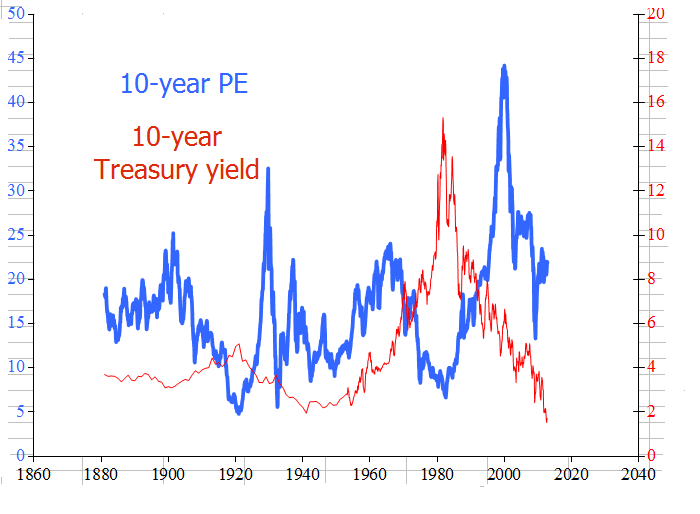Jeremy Schwartz, CFA, Executive Vice President, Global Head of Research
In a recent episode of the “Behind the Markets” podcast, I was joined by Alex Moazed, Founder and CEO of Applico, and Rafi Aviav, head of WisdomTree Europe’s Product Development team, for a discussion on platform businesses.
Moazed described platforms as companies that do not own the means of production but rather the means of connection. Platform companies create value by facilitating connections between two or more different groups.
One example is Uber, which connects its supply of drivers with customers needing transportation via a seamless platform application. Likewise, YouTube connects suppliers of entertainment videos and other third-party content with consumers for monetization.

Asset Light
Platforms create scale by being asset-light, with no inventory on their balance sheets, thus creating strong economics and network effects as they scale to critical mass.
Moazed’s firm, Applico, was founded while he was in college building software applications for larger companies. He is now advising several multibillion-dollar enterprises on how they can transform their existing traditional businesses by building platform businesses on top of them.
Moazed described how venture capital has reaped the largest rewards from investing in platform companies. Of the top 25 startup investments over the last 20 years, over 50% of them have been platform companies.
But large enterprises like Walmart are also making the transition. Walmart is building both organic platforms and completing acquisitions to enter the marketplace business. Moazed believes platform business transitions are going to be a focus for private equity buyout firms as well in the future.
Where Are Platforms Going Next?
Business-to-business (B2B) distribution is currently a $6 to $8 trillion business, about two to three times the size of consumer retail in the U.S., which is around $2.5 trillion. For reference, Moazed believes Amazon is still early in penetrating retail, with only a 10% market share, measured by their gross merchandise volume of around $250 billion a year. B2B, even bigger than retail, is also early in penetration when you consider it from the perspective of creating new platforms altogether.
One of the sectors with a surprisingly large number of platform-based businesses is financial services. A number of marketplaces for trading bonds and stocks have evolved to utilize the platform model. One of the opportunities Moazed sees in financial services is for providing loans, as he currently sees banks providing suboptimal service levels.
What Are the Risks?
One of the risks to platform companies is regulation, along with the concern of being classified as monopolistic if they scale too large. Just recently, there was a ruling on Apple’s iOS App Store covering this type of issue. These antitrust rules center on whether a company is taking advantage of customers by raising prices, given that it has dominant pricing power when confronted with consistent demand.
Many of these platform companies are, so far, providing services free of charge, making it hard to seriously consider them as antitrust targets at this time.
However, if platforms start to vertically integrate and compete on supply, it will increase the risk concerning monopolization.
Takeaway
In summarizing the opportunities for platforms, Moazed emphasized that technology should not be viewed as a sector to invest in, but rather a method that can catalyze the evolution of every major market vertical in the economy. Moazed sees platform companies as the “crème da la crème” of technology-embracing companies in each industry.
This was a great conversation about platforms; to listen to the full podcast, please follow the link below:
Versions of this article first appeared on the WisdomTree blog on May 24.
Photo Credit: Josu Orbe via Flickr Creative Commons


